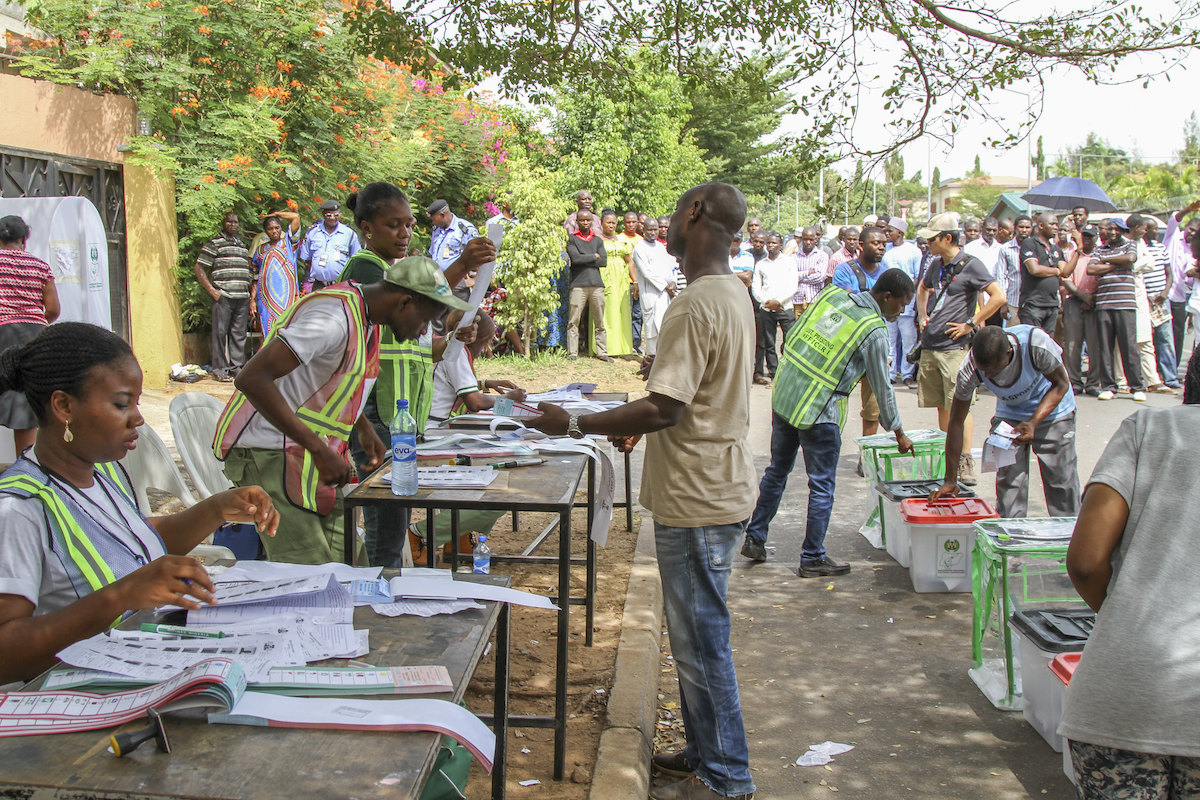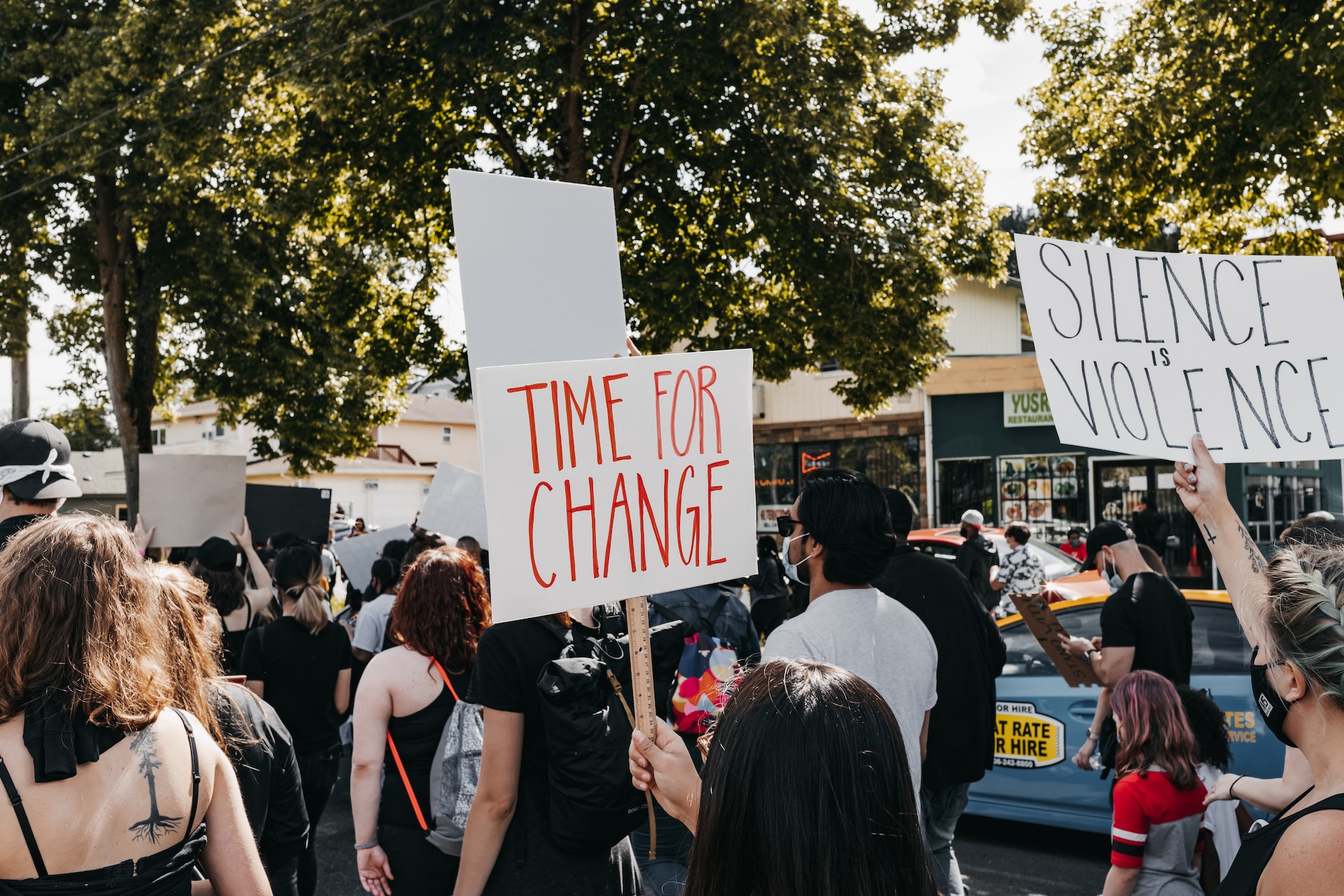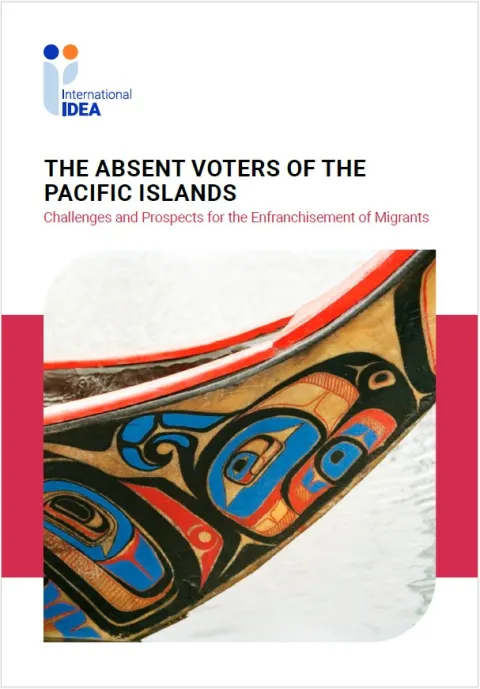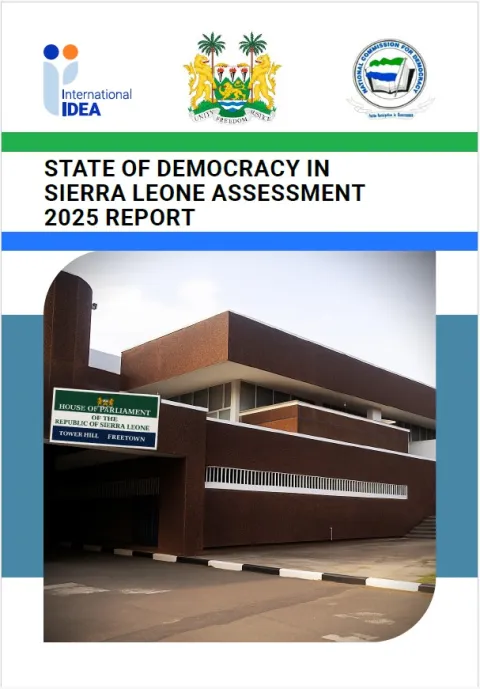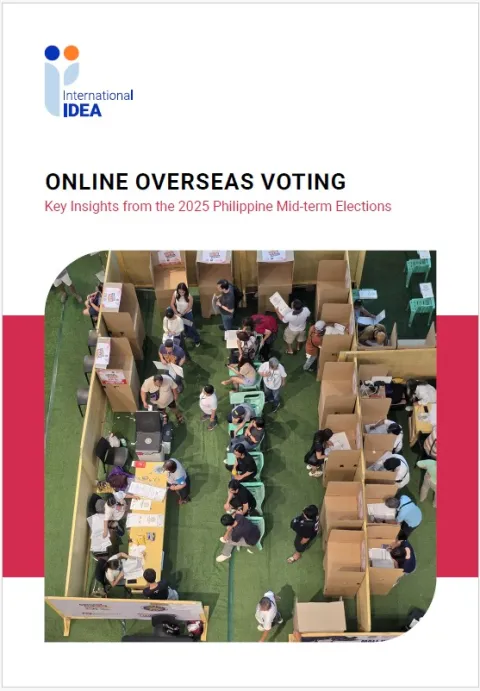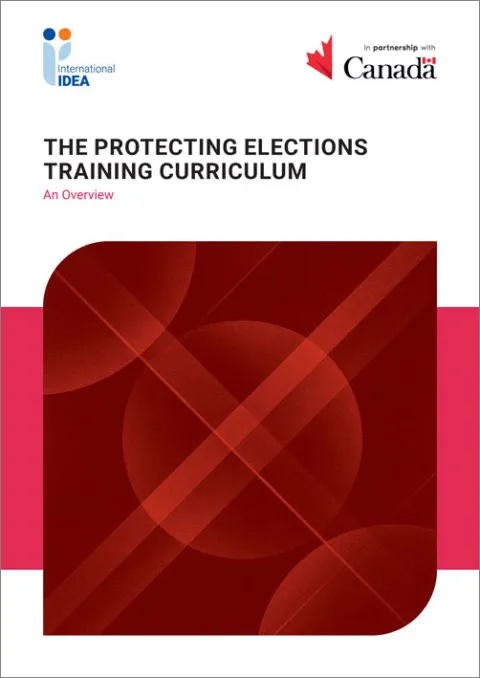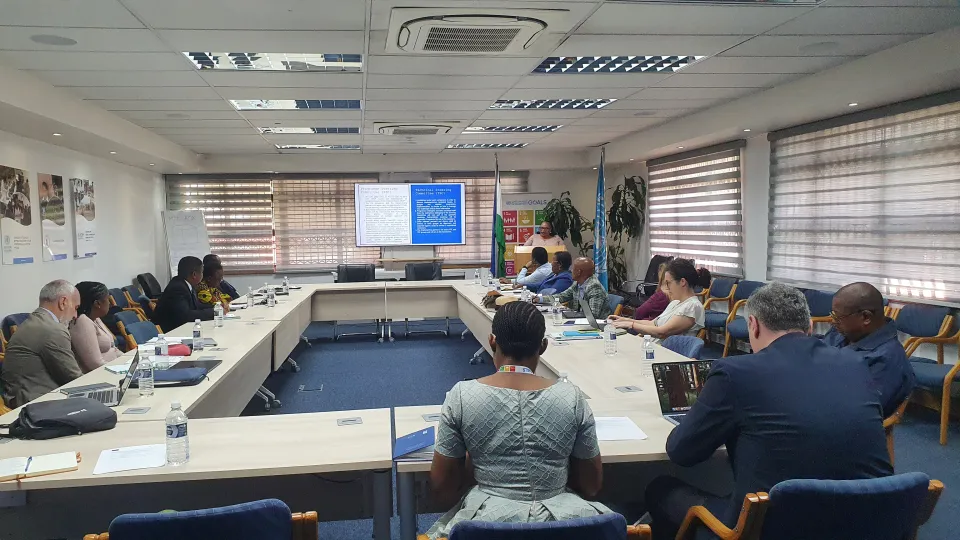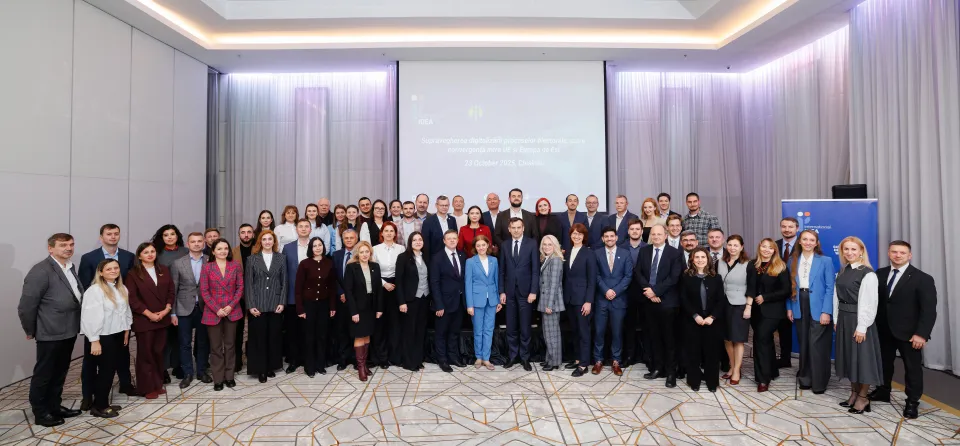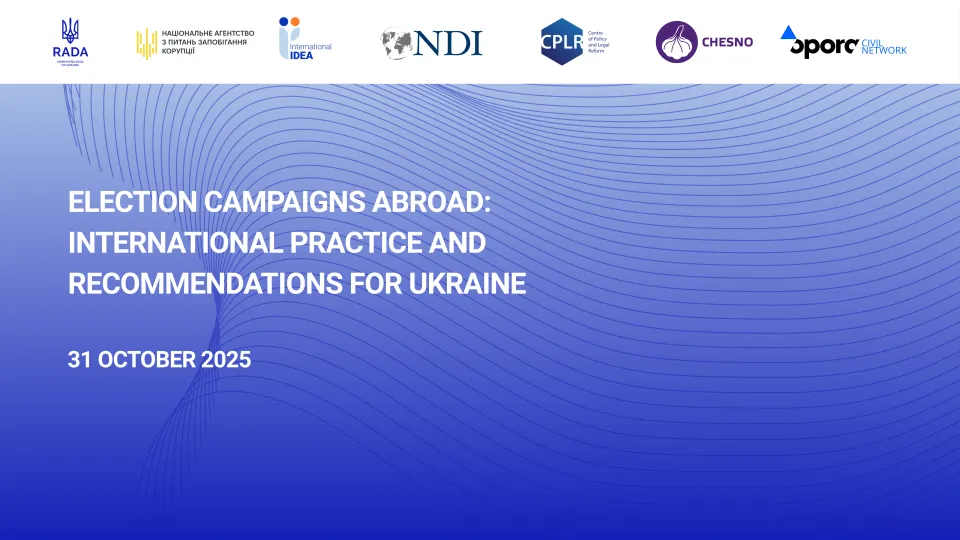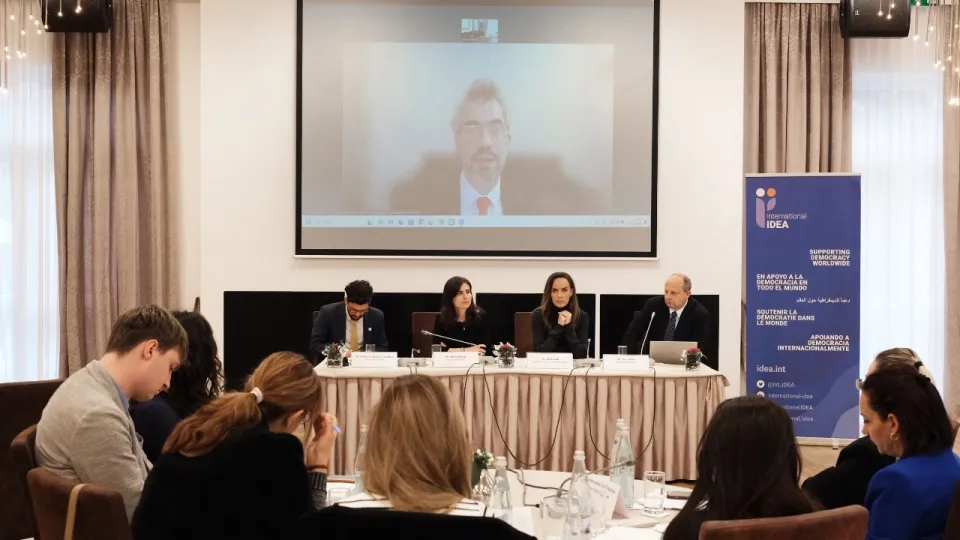Dialogues on Voluntary Codes of Conduct for Political Parties in Elections: A Facilitator's Guide
Elections, if they are inclusive and fair, can have a stabilizing effect on post-conflict and transitioning democracies. The competitive nature of elections can however provide entry points for violence and conflict, which can derail peace and the first steps in a transition. The conduct of political parties is central to the protection of peacebuilding and democratic efforts. Political parties can either fuel electoral violence, or, help to deter or resolve violent situations.
Codes of conduct have proved particularly useful in enabling political parties to reaffirm their commitments to fair play in elections. This guide captures lessons learned from all continents for facilitators of voluntary codes of conduct. It offers a menu of options and case studies from across the globe, with a focus on the importance of process and facilitation as much as the content of the agreements. The authors of this guide suggest that a code of conduct for political parties—particularly a voluntary code which by its nature is not legally binding—is more likely to achieve its goals when produced as part of a consultative dialogue with the parties.
The guide is the result of a collaboration between the Human Security Division of the Swiss Federal Department of Foreign Affairs (FDFA) and the International Institute for Democracy and Electoral Assistance (International IDEA). Both institutions hope to contribute to the efforts of those working as honest brokers of dialogues on democratic reform and peacebuilding, as well as the development of codes of conduct for political parties in elections around the world.
Details
Staff authors
Contents
Abbreviations
Preface
Acknowledgements
Introduction
1. General framework
2. The content of a code of conduct
3. Creating a code of conduct in the run-up to an election: the process
4. Implementation and monitoring
5. Selecting the dialogue participants
6. Facilitating the dialogue process
7. Practical issues
8. Communication and public information
References and further reading
Annex A. Country case studies: Voluntary codes of conduct for political parties and candidates
Annex B. Statutory codes of conduct and other types of agreement on peaceful election processes
Annex C. An example of code of conduct implementation monitoring: Myanmar
About the contributors
About the organizations
Give us feedback
Do you have a question or feedback about this publication? Leave us your feedback, and we’ll get back to you
Send feedbackDialogues on Voluntary Codes of Conduct for Political Parties in Elections: A Facilitator's Guide
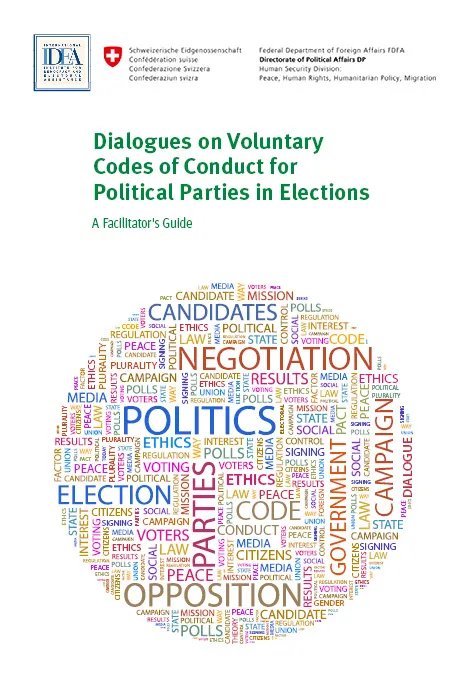
| Total views | 10714 |
|---|---|
| Downloads | 114 |
| Rating |
Staff authors
Give us feedback
Do you have a question or feedback about this publication? Leave us your feedback, and we’ll get back to you
Send feedback